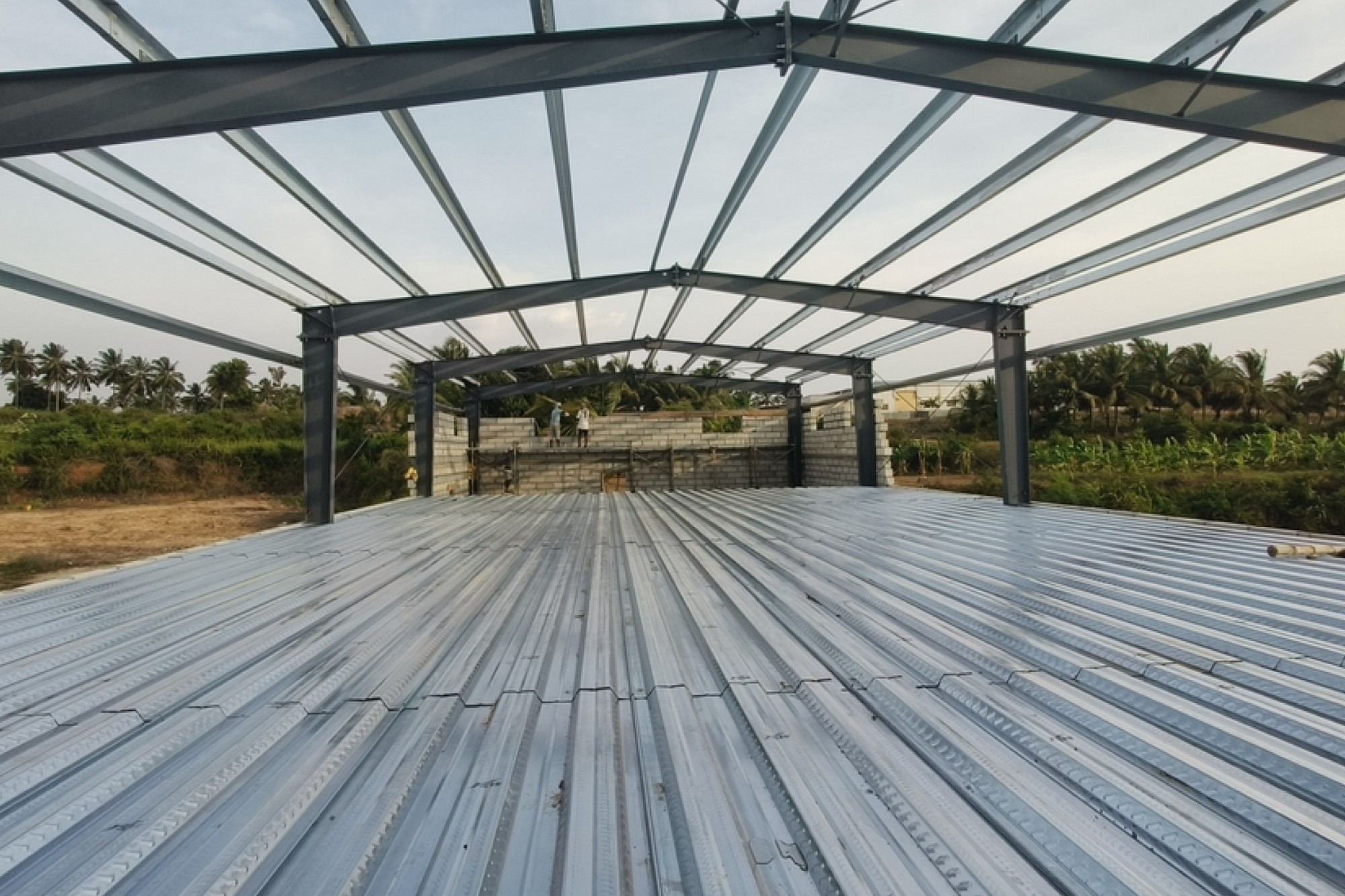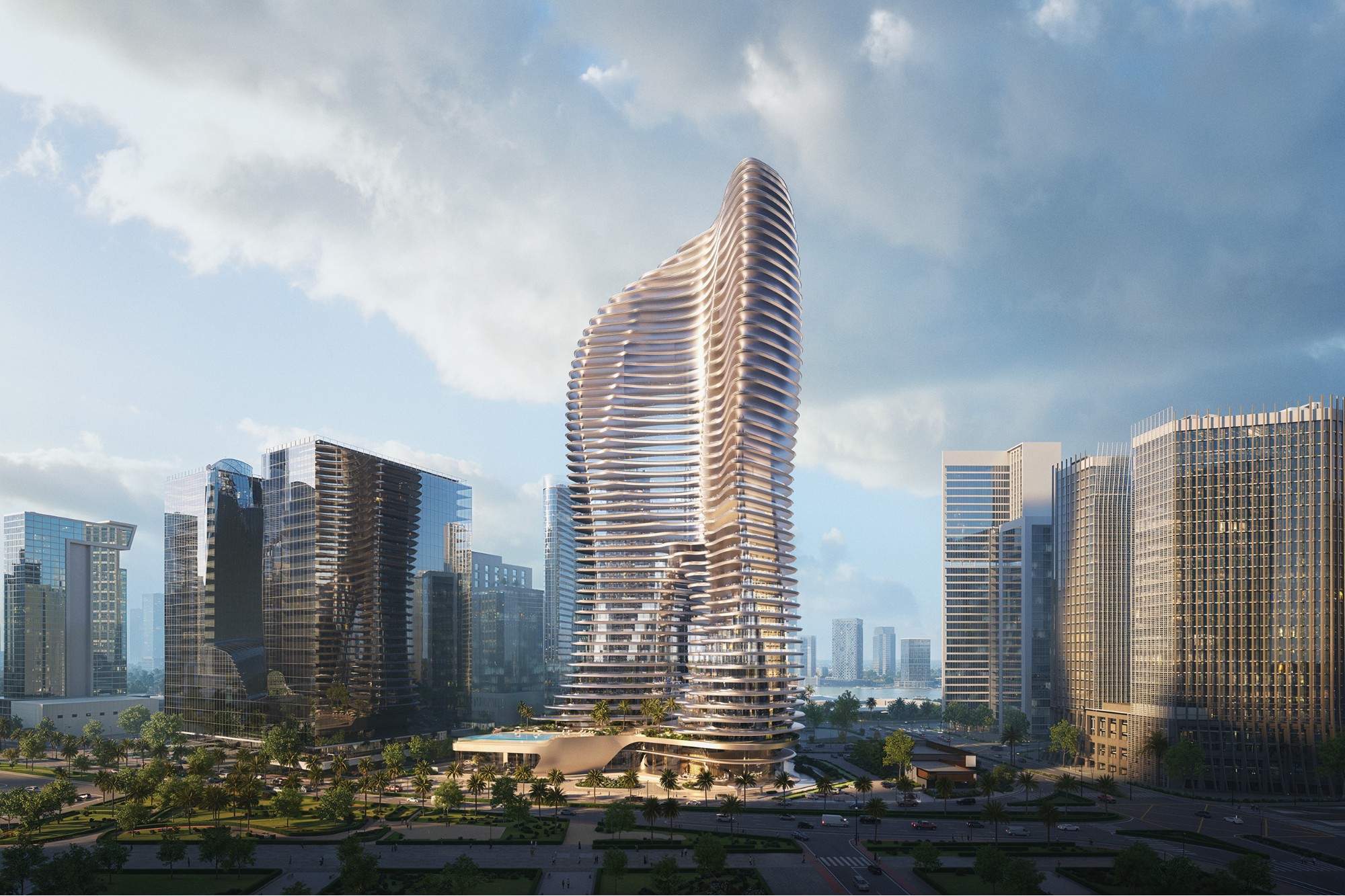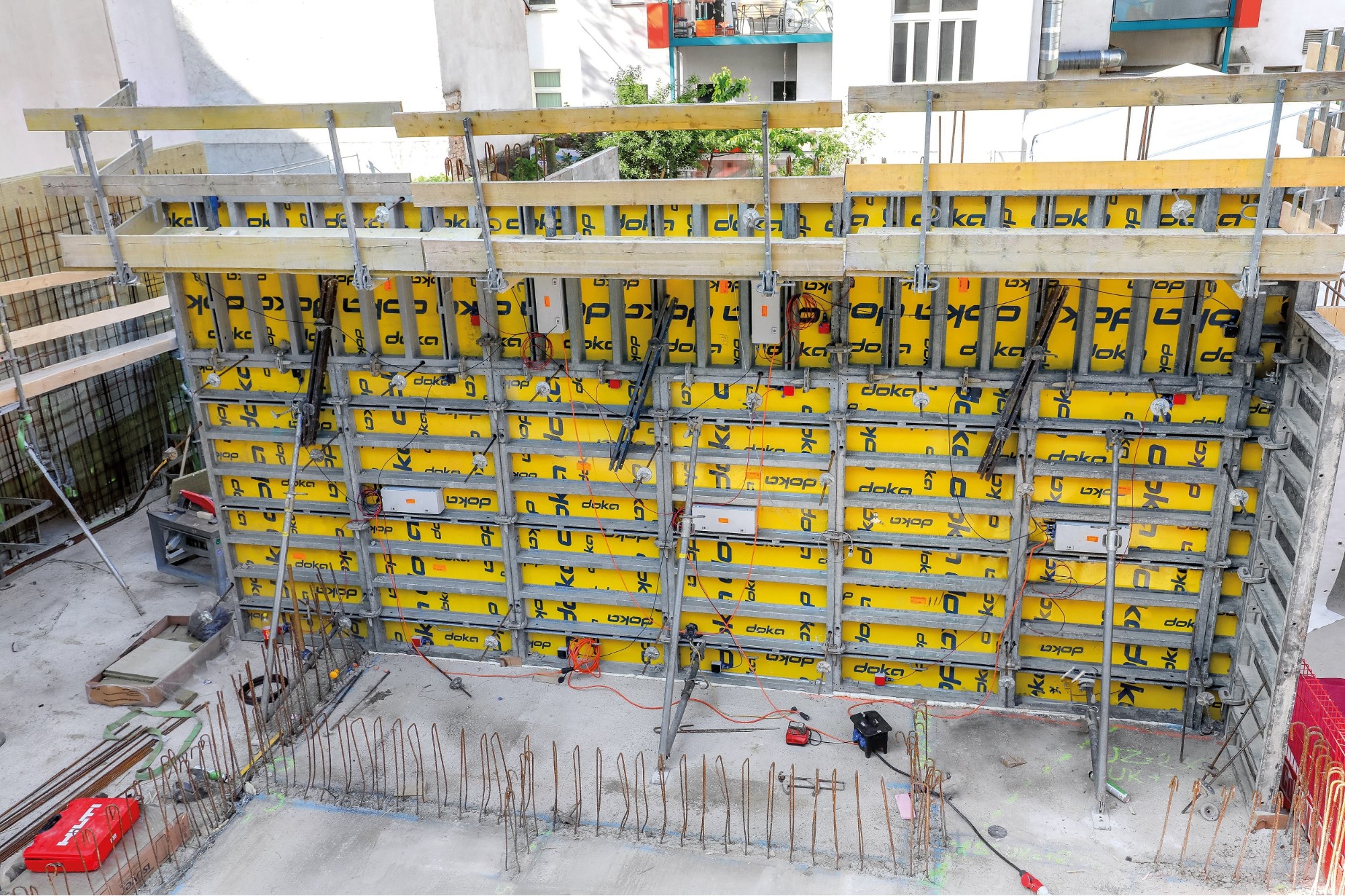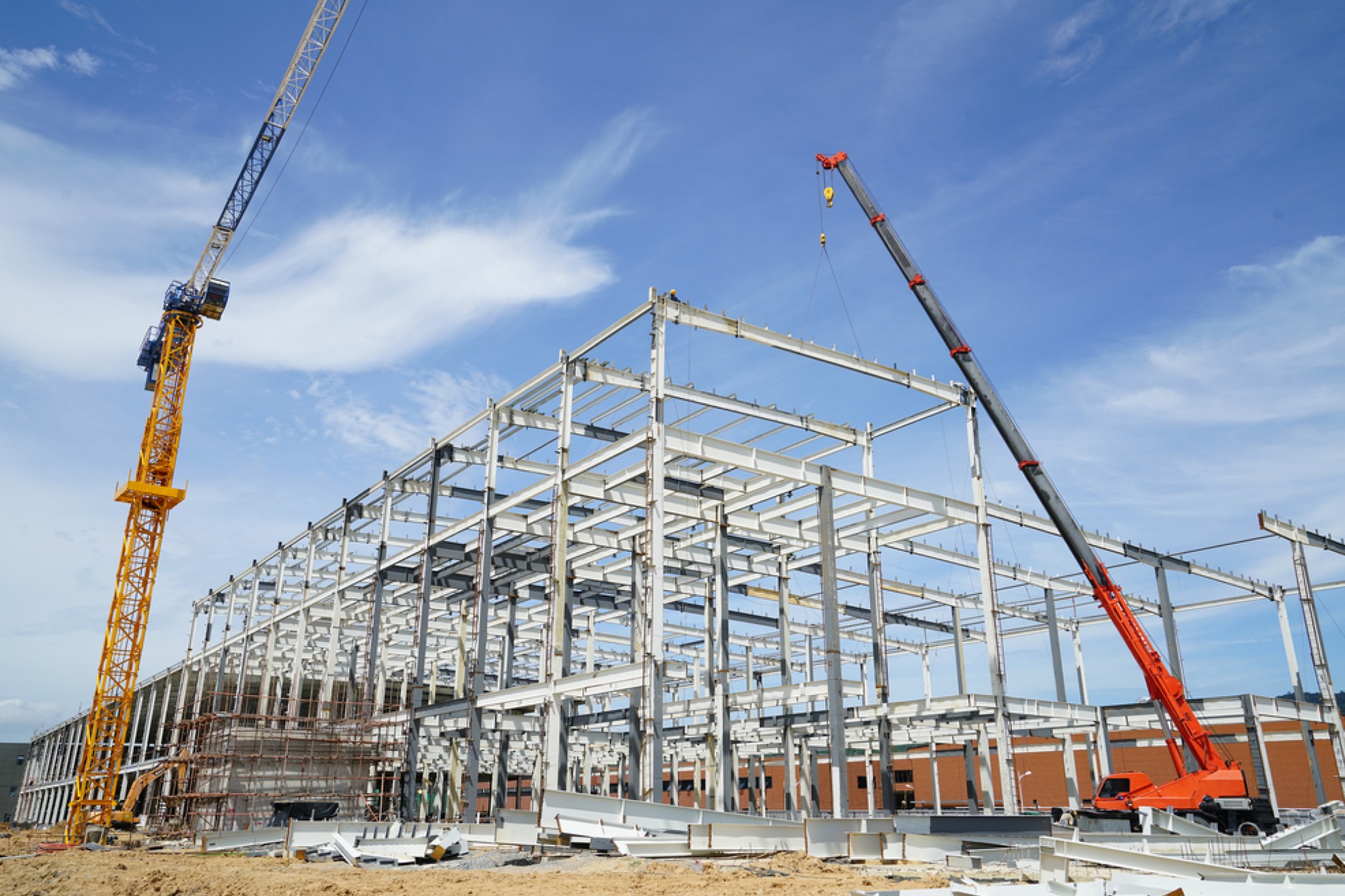Aluminium sector significantly contributes to the Make in India and Atmanirbhar Bharat
By Edit Team | March 7, 2024 12:11 pm SHARE
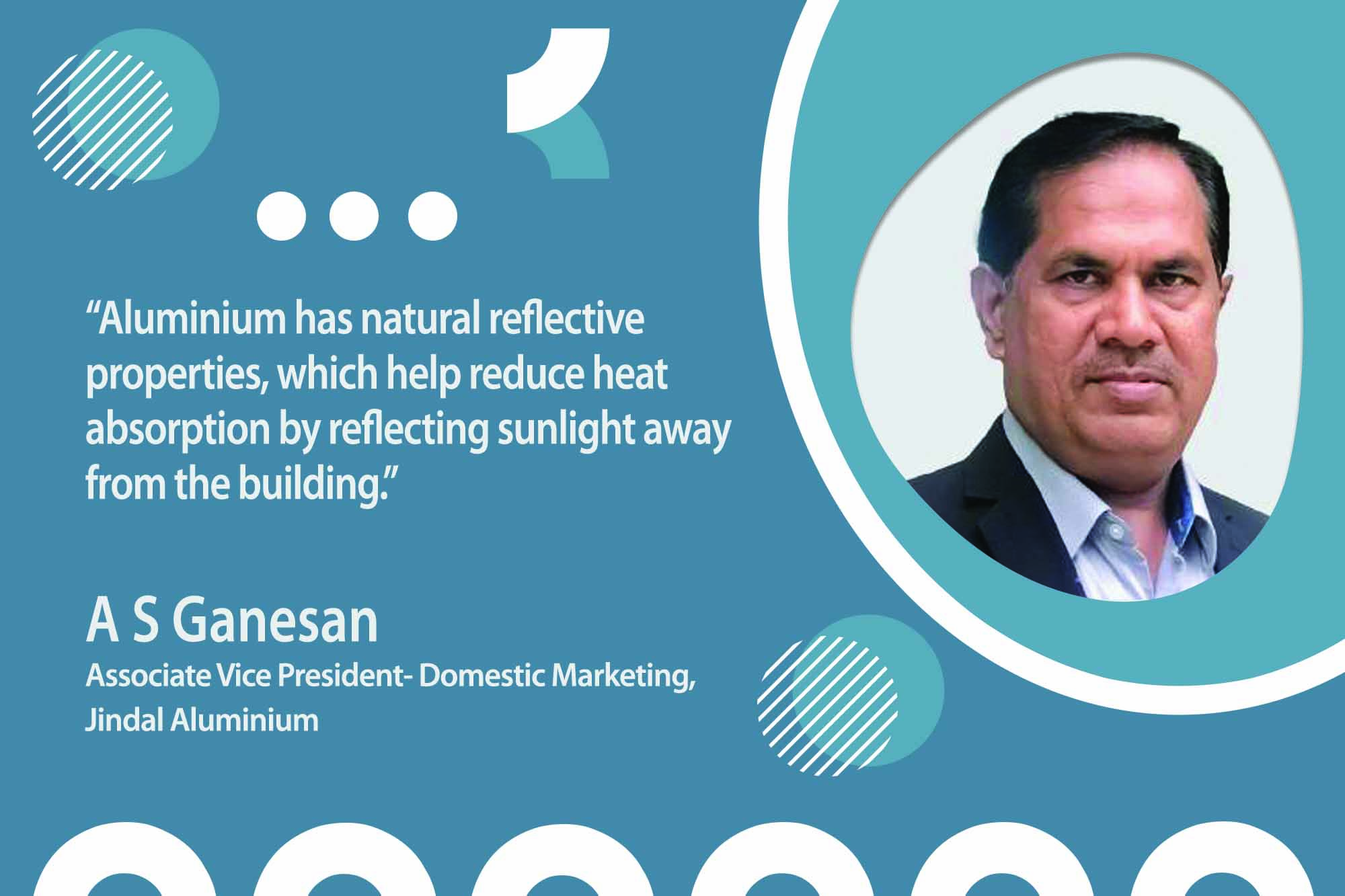
Celebrating indigenous manufacturing and economic self-reliance, the aluminium sector is poised to become a cornerstone of India’s ‘Make in India’ and ‘Atmanirbhar Bharat’ initiatives. In this interview, A S Ganesan, Associate Vice President – Domestic Marketing at Jindal Aluminium, discusses how Jindal Aluminium’s innovative methods and unwavering devotion reflect the sector’s ability to contribute to these national priorities meaningfully.
Jindal Aluminium was recently recognised as the ‘Star Performer’ at the EEPC National Export Awards 2023. Can you elaborate on the significance of this award and how it reflects the company’s commitment to excellence in the aluminium industry?
Being recognised as the ‘Star Performer’ at the EEPC National Export Awards 2023 is noteworthy. This recognition holds immense significance as it underscores our company’s dedication to excellence within the downstream aluminium industry.
The award reflects our outstanding performance in the export sector, acknowledging our commitment to delivering high-quality products to domestic and international markets. Receiving this award for the fourth consecutive time also reaffirms our consistent adherence to stringent quality standards and our exceptional contributions to the Indian export economy. With 16 EEPC (12 state and 4 national) awards since our foundation, we take pride in solidifying our position as a powerhouse contributor to Brand India, championing the ‘Vocal for Local and Local for Global’ mantra.
How does Jindal Aluminium adapt to changing market trends and industry demands, especially in construction and infrastructure?
We remain at the forefront by relentlessly pursuing innovations in engineering aluminium, looking for the next breakthroughs that will define the subsequent demand. Our response to changing market trends and industry demands, particularly in the construction and infrastructure sectors, is underscored by the establishment of powder coating, anodising, and fabrication units and the development of numerous alloys critical to the industry. Through these value-added processes, we meet the changing market trends and industry demands tailored to various sectors’ specific needs and requirements, including construction, automotive, aerospace, electronics, and packaging. This multifaceted approach reflects our commitment to staying at the forefront of industry advancements and meeting evolving customer needs.
Driven by environmental consciousness and regulatory compliance, we actively incorporate circular economy principles into our operations. Aluminium’s unique characteristic of recoverability without compromising its properties positions it as a cornerstone in developing eco-friendly building materials and constructing green infrastructure across the country. Simultaneously, our efforts towards sustainability also include integrating renewable energy sources and investing in less-carbon-intensive technologies.
How do national policies and regulations, particularly in the downstream aluminium industry, influence Jindal Aluminium’s business strategies and operations?
The primary and downstream sectors operate under different economic conditions and challenges. The upstream aluminium segment produces primary aluminium directly from raw materials like bauxite, mined from the earth. On the other hand, the downstream aluminium segment works with already-made aluminium, shaping it into various products to add value. These products include rods, bars, castings, forgings, rolled products, foils, and extrusions used in different industries.
While they are interdependent to some extent, with the upstream supplying aluminium to the downstream, they face distinct pressures. The downstream sector deals with stiff competition, narrow profit margins, and the proliferation of extrusion manufacturing units in the unorganised sector, partly due to low entry barriers. Additionally, there needs to be more competition from imported aluminium products, which can lead to dumping and further challenges for local producers.
The global markets treat these sectors differently, but the downstream aluminium sector in India is yet to receive adequate recognition. Recognising and supporting the Indian downstream aluminium sector could significantly contribute to initiatives like ‘Make in India’ and ‘Atmanirbhar Bharat’ (Self-Reliant India). It has the potential to bolster domestic manufacturing and create employment opportunities within the country’s aluminium industry ecosystem.
Insulation and roofing are vital elements in construction. How do Jindal Aluminium’s products address insulation and roofing needs, and what advantages do they offer regarding energy efficiency and sustainability?
Aluminium has natural reflective properties, which help reduce heat absorption by reflecting sunlight away from the building. This characteristic is particularly beneficial in roofing applications, where it can significantly lower the temperature of the building’s interior, reducing the need for air conditioning and ultimately saving energy. Aluminium roofing products are highly durable and resistant to corrosion, rust, and other environmental factors. This longevity ensures that the roofing system remains intact and effective for an extended period, reducing the frequency of repairs or replacements and minimising material waste over time. Our flagship product, Jindal Forever roofing sheets, meets the market demand with unmatched excellence. Available in various sizes, thicknesses and vibrant colours, it is not just a roofing sheet but a lifelong companion for infrastructures. Designed to withstand the diverse climatic conditions of India, Jindal Forever roofing sheets offer many advantages. They are rust-proof, ensuring a performance-proven metal roof system that excels in rough and varied environments.
Moreover, these highly reflective aluminium sheets contribute to superior insulation with reduced interior temperatures. Safety is primary, and our roofing sheets are non-combustible and non-flammable, making them a secure choice for residential and industrial buildings. Its lightweight yet durable composition outshines traditional roofing materials like galvanised steel and asbestos sheets. Most notably, the impressive lifespan of over 30 years, in contrast to the 8-10 years offered by competing materials, solidifies Jindal Forever’s status as the forefront solution for energy-efficient and sustainable roofing across multiple applications, from industrial warehouses and stadiums to residential buildings and airports.
Cookie Consent
We use cookies to personalize your experience. By continuing to visit this website you agree to our Terms & Conditions, Privacy Policy and Cookie Policy.



